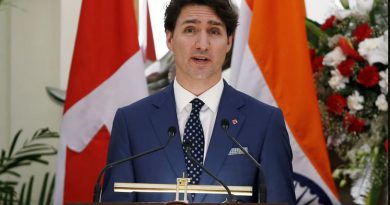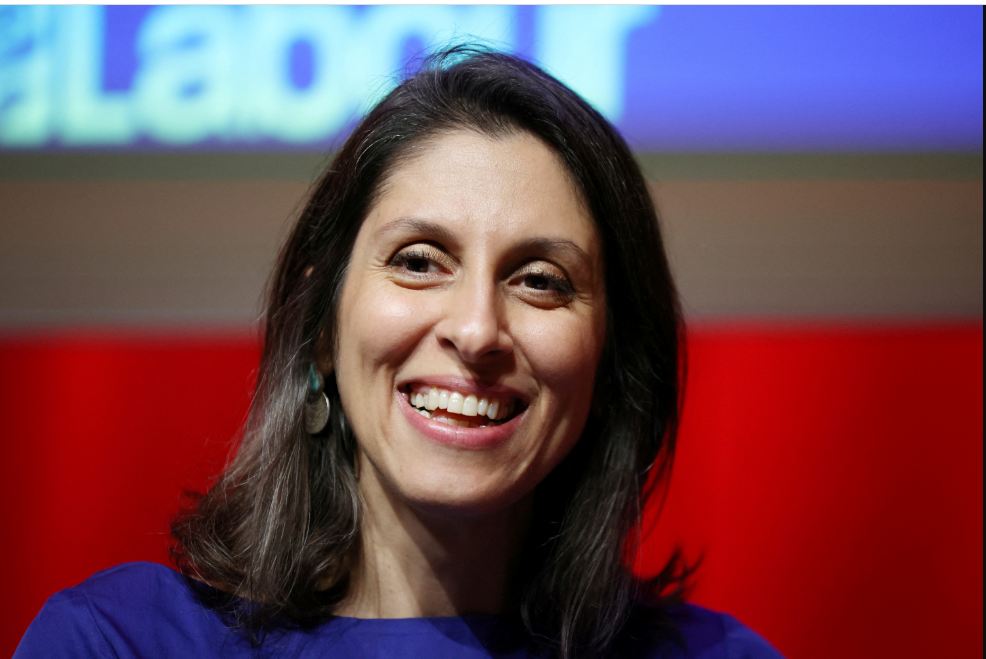India and China spar over visas for their journalists
New Delhi/Beijing (Reuters) – India and China broke into fresh diplomatic sparring on Thursday, accusing each other of creating visa hassles for their journalists posted in New Delhi and Beijing.
The exchange came days after India objected to China renaming or “standardizing” names of 11 locations in the eastern state of Arunchal Pradesh, which China calls southern Tibet and claims as its territory.
Indian newspapers reported this week that two Indian journalists posted in Beijing were barred from returning to their jobs in the Chinese capital from India.
Correspondents for The Hindu newspaper and state broadcaster Prasar Bharati were told on Tuesday that their visas have been frozen, an Indian source familiar with the issue told Reuters.
Asked about the visa suspensions, Chinese foreign ministry spokeswoman Mao Ning said on Thursday that Chinese journalists have received unfair and discriminatory treatment in India for a long time, and a Xinhua journalist was recently asked to leave India by March 31.
“China has always treated Indian journalists well,” Mao said. Chinese authorities have been in touch with the Indian government, which did not respond “nor correct the mistake”, she said.
“China therefore has to take corresponding counter measures to safeguard our legitimate interests. China welcomes Indian journalists to work in China. If India can correct its mistakes, China is willing to continue to facilitate Indian journalists in China,” Mao added.
In New Delhi, foreign ministry spokesman Arindam Bagchi said India hoped “Chinese authorities would facilitate their continued presence and reporting from China.”
Relations between the nuclear-armed Asian giants have deteriorated since mid-2020, when Chinese and Indian troops clashed on their disputed Himalayan frontier, leaving 24 dead.
The situation has largely calmed after military and diplomatic talks but the face-off continues in pockets along the frontier.
Indian Foreign Minister S Jaishankar last month said the situation on the border was fragile and dangerous, with military forces deployed very close to each other in some places.


